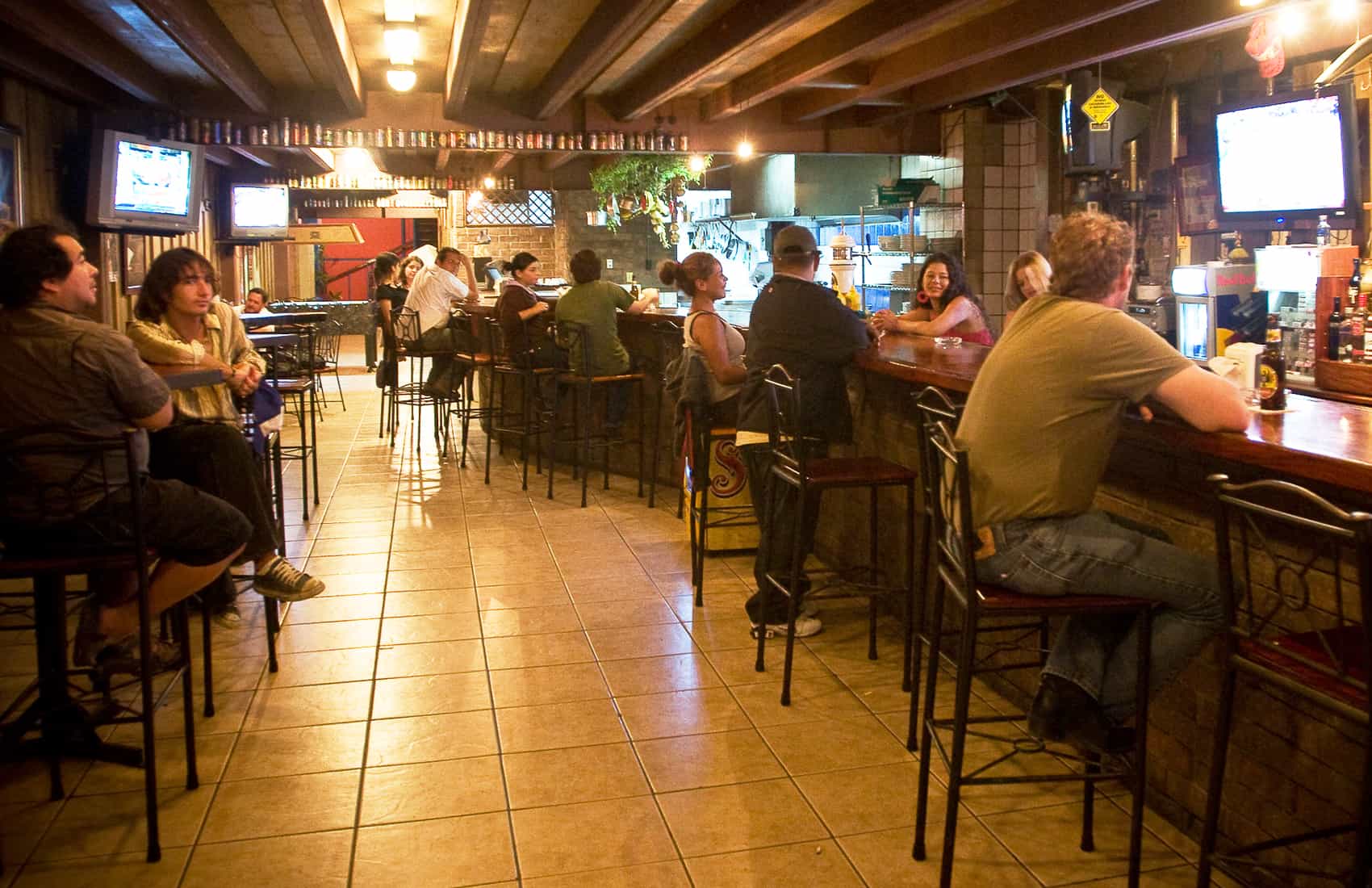A new study of alcohol consumption in Costa Rica showed that Ticos in the past six years have lowered their consumption by 13 percent.
The study conducted by the Latin American Faculty of Social Sciences (FLACSO) and Florida Bebidas states that 44 percent of the country’s adult population in 2014 were alcohol drinkers. Results of the previous study in 2009 showed that 57 percent of the population older than 18 years were drinkers.
Compared to the regional average the number of people who drink in Costa Rica is the second lowest in the Americas. Venezuela, at 87 percent, has the highest annual per capita consumption, and El Salvador has the lowest with 31 percent, according to the study. Costa Rica’s figure is lower than the 65 percent reported in the United States and the 78 percent reported in Canada.
It even is under the Latin American average of 62 percent and 85 percent in Europe, FLACSO reported.
The study also found that Ticos on average drink one day per week, while respondents in the previous investigation said they drank two days per week. People who showed the highest consumption habits are those between 18 and 24 years old.
Although the investigation found a decrease in frequency, the quantity actually increased. In 2009, respondents said they on average drank five drinks per week but the figure now is close to seven.
Results also state that 70 percent of Tico drinkers have moderate consumption habits acccording to parameters of the Alcohol Use Disorders Identification Test, or AUDIT, a professional test used in clinical practice for the diagnosis of alcoholism.
Among the reasons why Ticos drink, 28 percent said they do it “for fun,” while 27 percent said they do it “because they like the flavor or taste of the drinks.” In third place respondents said they drink “to deal with stress, because they like the alcohol effects or by peer pressure.”
FLACSO Director Jorge Mora Alfaro believes the results of the study should be used by government officials to outline public health policies and actions.
The results came from a survey conducted in homes to 1,800 people aged between 18 and 65 from the Chorotega, Central, Central Pacific, Brunca, Huetar, and North Atlantic regions.






